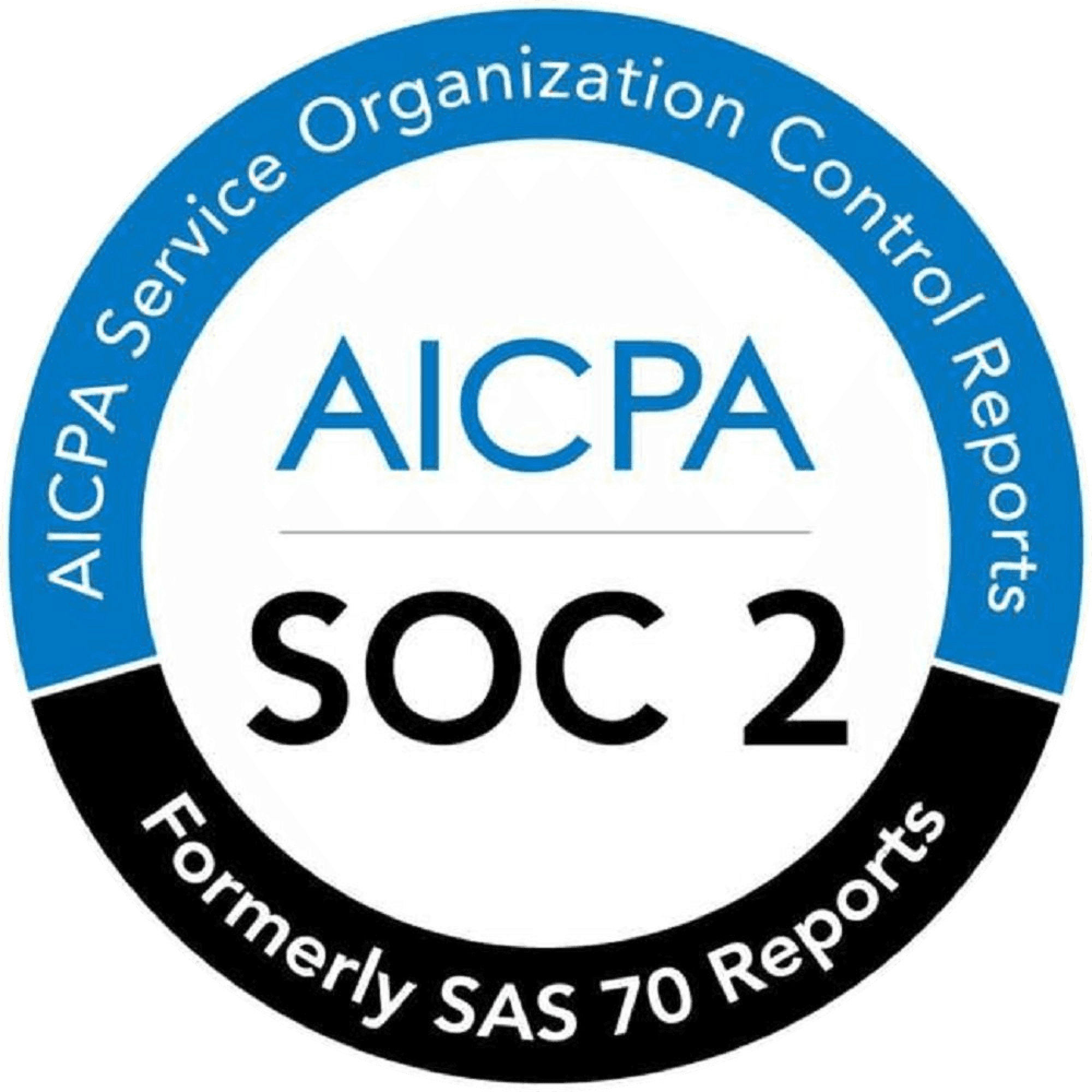Code Security
Nov 17, 2024
MISRA C++ 2023 PDF, Guidelines, and Tools [Updated]

Sonali Sood
Founding GTM, CodeAnt AI
MISRA C++ 2023 is a vital resource for developers working on safety-critical, mission-critical, and high-reliability software. It is a collection of guidelines designed to minimize risks and enhance code reliability, especially in systems where failure is not an option. This blog will delve into what MISRA C++ 2023 offers, its importance, and how to use it effectively.

What is MISRA C++ 2023?
MISRA C++ 2023 is a set of coding guidelines aimed at reducing errors and improving safety in C++ programs. It defines a subset of the C++ language tailored for safety-critical applications, addressing common pitfalls and challenges inherent in C++ programming.
Key Features of MISRA C++ 2023
MISRA C++ 2023 doesn’t just update old rules, it introduces clear improvements that make C++ safer and more reliable in critical systems. Let’s look at the key features that set it apart.
Language Subset: A Safer Version of C++
C++ is powerful but inherently complex. It allows a high degree of flexibility, which can sometimes lead to unpredictable behavior, especially in safety-critical systems. MISRA C++ 2023 defines a safer subset of the language by eliminating constructs that are prone to errors or undefined behavior.
Undefined Behavior: C++ includes situations where the standard does not define what should happen (e.g., dereferencing null pointers or modifying variables multiple times without a sequence point). MISRA guidelines help avoid such scenarios by restricting the implementation of operations.
Implementation-Defined Behavior: Different compilers or platforms may handle certain aspects of C++ differently, such as how integers are represented. MISRA C++ imposes strict rules to avoid reliance on these platform-specific behaviors, ensuring consistent and predictable behavior across different systems.
Example Rules:
Rule 7.0.5: Prevents changes to the signedness or type category of an operand during conversions.
Rule 11.6.2: Ensures values are initialized before being used to avoid indeterminate states. By restricting problematic features, MISRA C++ enables developers to write predictable, portable, and maintainable code in complex systems.
Wide Applicability Across Industries
Although initially developed for automotive systems, MISRA C++ has found widespread application in other critical domains. This broad adoption is a testament to its effectiveness in improving code safety and reliability.
Automotive Industry: Safety-critical systems like Anti-lock Braking Systems (ADAS) and Advanced Driver-Assistance Systems) rely on MISRA C++ to meet stringent functional safety standards like ISO 26262.
Healthcare: Medical devices, such as ventilators or imaging systems, require precision and reliability. Adhering to MISRA guidelines ensures compliance with standards like IEC 62304 for medical software.
Finance: High-reliability systems, such as algorithmic trading platforms, can use MISRA C++ to reduce bugs and mitigate financial risks associated with software failures.
Transportation: Beyond automotive, MISRA C++ is used in aviation and railway systems, where safety-critical software must comply with standards like DO-178C and EN 50128. The guidelines' adaptability ensures that they can address the unique challenges of various industries while maintaining consistent software quality.
Read about important code quality metrics to track.
Modern Standards: Aligning with C++17
As C++ evolves, new features are introduced to enhance developer productivity and application performance. However, these advancements also introduce potential risks if misused. MISRA C++ 2023 integrates and best practices to harness the benefits of modern C++ while ensuring safety and reliability.
Incorporating AUTOSAR Guidelines: The 2023 version unifies the MISRA and AUTOSAR C++ guidelines, aligning with modern C++ programming and AUTOSAR compliance rules.
Support for C++17 Features: MISRA C++ 2023 embraces features structured bindings, constexpr functions, and enhanced template support. These features are powerful, are regulated to prevent misuse in critical systems.
Example: Decidability: The new guidelines improve clarity and decidability, making it easier for static analysis tools to evaluate compliance. By aligning with modern standards, MISRA C++ 2023 ensures developers can utilize the latest advancements in C++ while maintaining a focus on safety, security, and reliability.
Why MISRA C++ is Important
C++ is widely used for its performance and flexibility, but its complexity and undefined behaviors can lead to errors. MISRA C++ addresses these concerns by:
1. Enhancing Safety
Safety is paramount in systems where failure can have catastrophic consequences, such as in automotive or medical devices. MISRA C++ ensures that developers avoid constructs prone to errors, such as undefined or implementation-defined behaviors.
Eliminating Unsafe Constructs: For example, MISRA C++ restricts the use of dangerous features like unchecked pointer arithmetic or ambiguous type conversions that can lead to undefined behavior.
Guarding Against Errors: It includes rules to prevent common mistakes, such as using uninitialized variables or unintended operator overloading.
Example Rule 11.6.2 prohibits reading the value of an object before it has been initialized. By enforcing these rules, MISRA C++ reduces the likelihood of errors and enhances the reliability of safety-critical systems.
2. Improving Maintainability
Writing maintainable code is critical for long-term success, especially in systems that require regular updates or have long lifespans. MISRA C++ helps developers produce code that is easier to read, review, and modify.
Standardization: MISRA C++ provides a consistent framework for coding practices, ensuring uniformity across teams and projects.
Portability: By avoiding implementation-defined behaviors, the guidelines make it easier to port software across platforms without introducing errors.
Code Clarity: Adopting MISRA guidelines minimizes ambiguous constructs, making the codebase easier for new team members to understand and maintain.
3. Compliance with Safety Standards
Many industries have strict safety standards that mandate the use of reliable software practices. MISRA C++ aligns with these standards, providing developers with a ready-made framework to meet compliance requirements.
ISO 26262 (Automotive): Specifies the use of a safe subset of programming languages for automotive software. MISRA C++ fulfills this requirement, ensuring that automotive systems meet functional safety standards.
IEC 61508 (General Safety): Applicable across industries, this standard emphasizes the importance of avoiding language features that can lead to unpredictable behavior. MISRA C++ helps organizations adhere to this principle.
Other Standards: The guidelines are also relevant to standards in healthcare (IEC 62304) and aviation (DO-178C), making them widely applicable.
The History of MISRA C++
MISRA C++ has evolved significantly since its first release in 2008:
2008: The First Release
MISRA C++ was first introduced in 2008 to address the need for safe and reliable C++ coding practices. It focused on C++03, the version of the language prevalent at the time.
Key Achievements:
Established a comprehensive set of rules for using C++ in critical systems.
Targeted industries like automotive, where safety and reliability are paramount. However, as C++ evolved, the initial guidelines became outdated, necessitating revisions.
2017: AUTOSAR C++ Guidelines
To address the growing gap, the AUTOSAR consortium released a set of guidelines for C++14. These guidelines were developed to support the AUTOSAR Adaptive Platform, used in modern automotive systems.
Key Innovations:
Introduced new rules and practices for features like lambda expressions and modern templates.
Approximately 70% of the 2008 MISRA C++ guidelines were incorporated into AUTOSAR C++. Despite their success, the lack of a unified standard created challenges for developers working across industries.
2023: Unified and Modernized
The latest version, MISRA C++ 2023, merges MISRA C++ 2008 with AUTOSAR C++ guidelines and updates them for C++17. This version represents a unified standard for modern C++ programming in safety-critical systems.
Key Features:
Full support for C++17 features, such as structured bindings and constexpr improvements.
Enhanced decidability to facilitate analysis by static code analysis tools.
Streamlined and clarified rules, making compliance more practical. By consolidating the strengths of previous standards and embracing modern language features, MISRA C++ 2023 ensures that it remains relevant and practical for today's developers.
MISRA C++ 2023 Guidelines
The guidelines are divided into Rules and Directives:
Rules: Fully defined, allowing automated tools to assess compliance.
Directives: Require additional context, such as design decisions, for compliance evaluation.
Classification of Rules:
Mandatory: Must be followed with no exceptions.
Required: Allow deviations with formal justifications.
Advisory: Recommendations for best practices.
Focus Areas: MISRA C++ 2023 includes 179 guidelines, categorized into sections like:
Basic concepts
Standard conversions
Expressions
Exception handling
Achieving MISRA C++ Compliance
Steps to Ensure Compliance:
Early Adoption: Start applying MISRA guidelines at the beginning of the project to avoid costly rework.
Use Tools: Automated tools like CodeAnt AI are essential for analyzing compliance.
Documentation: Maintain detailed records, such as:
Guidelines Enforcement Plan: Specifies tools and processes for compliance.
Guidelines Recategorization Plan: Documents any modifications to guideline categories.
Guidelines Compliance Summary: Summarizes the compliance level for each guideline.
Tools for Compliance
Static analysis tools streamline the compliance process by checking code against MISRA guidelines and generating necessary reports. They also support advanced checks, like whole-system analysis, which are impractical to perform manually.
Check out the best code quality tools in 2024.
MISRA C++ 2023 PDF Download
You can download the pdf version of MISRA C++ from the official website.
Why MISRA C++ 2023 Matters for Your Projects
Error Prevention: Guards against undefined behaviors and potential runtime issues.
Risk Management: Ensures safer handling of critical operations, like assignment and arithmetic conversions.
Standardization: Provides a unified framework for integrating modules developed by multiple teams or contractors.
Conclusion
MISRA C++ 2023 is an essential framework for ensuring the safety and reliability of modern C++ applications. By adopting these guidelines and leveraging automated tools, developers can build robust, maintainable, and compliant software for critical systems.














